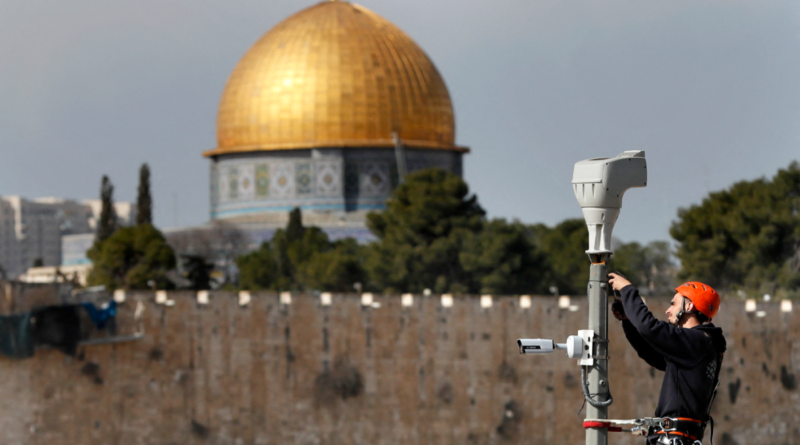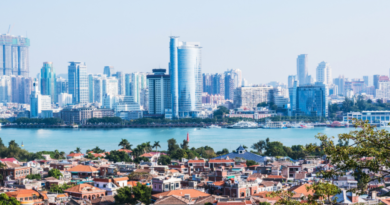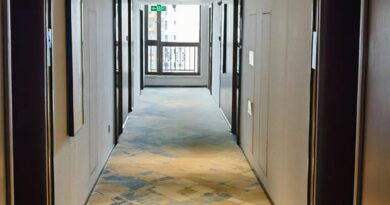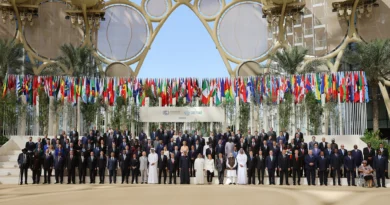The Red Wolf, the latest Israeli turn of the screw in the control of the Palestinians.
KHOLOUD FAQAWI
Israeli authorities are using advanced surveillance tools to intensify spatial segregation and automate racial separation against Palestinians.
“We have documented how a new facial recognition system called Red Wolf in the H2 area of Hebron has increased restrictions on the freedom of movement of Palestinians by illegally collecting biometric data to monitor and track the movements of Palestinians throughout the city. city,” says Amnesty International Secretary General Agnes Callamard.
With the signing of the 1997 agreement between the Israeli authorities and the Palestine Liberation Organization, Hebron was divided into two parts known as H1 and H2. While H1, which makes up 80% of the city, is under the administration of the Palestinian Authority, Israel maintains full control over H2, which encompasses the historic center of the city. Approximately 33.000 Palestinians and 800 Israeli settlers, residing illegally, live in at least seven isolated settlements in the H2 area.
Palestinians in the H2 area face extremely strict mobility restrictions. They are denied access to certain roads open exclusively to Israeli settlers. In addition, a network of military checkpoints and other barriers make their daily lives extremely difficult. Israeli settlers in Hebron move along different routes, avoiding military checkpoints.
The Israeli Army has deployed a previously unreported facial recognition system at checkpoints in Hebron, known as “Red Wolf.” When a Palestinian passes through a checkpoint where the Red Wolf operates, his face is scanned without his knowledge or consent and compared to biometric data from databases that contain information exclusively on Palestinians. The Red Wolf uses this data to determine if the person can pass through the checkpoint, automatically creating a biometric record for each new face scanned. If there is no data on a person, they may be denied passage. The Red Wolf can also deny passage based on other information stored in Palestinians' profiles, such as whether they have an interrogation or arrest warrant.
CAMERAS EVERYWHERE
Amnesty International has documented that Israel's facial recognition systems, backed by Artificial Intelligence (AI), are supported by a physical infrastructure of powerful surveillance equipment.
The Israeli army calls Hebron a “smart city.” This means the streets are filled with surveillance cameras, including those placed on building facades, utility poles, guard towers, and rooftops. For Palestinians, this widespread surveillance intensifies the feeling that certain parts of the H2 zone are off-limits, even in areas just meters from their homes.
“They constantly watch me and that gives me a very bad feeling on the street and everywhere. Every time I see a camera, I feel uncomfortable. They always treat you as if you were a target,” explains Nada, a resident of East Jerusalem, about the impact of the widespread presence of cameras on Palestinians.
Collective surveillance is considered a violation of the rights to privacy, equality and non-discrimination. This policy also negatively affects the rights of Palestinians to freedom of expression and peaceful assembly and contributes to creating a climate of fear and repression.
In 2021, the number of surveillance cameras increased significantly in the Sheikh Jarrah and Silwan neighborhoods of East Jerusalem, following protests against the forced displacement of Palestinian families from their homes to make way for Israeli settlers.
Amnesty International has also documented how the continued expansion of illegal surveillance in occupied East Jerusalem has digitally reinforced Israel's control and the illegal security objectives of Israeli settlers. In addition, Israeli authorities and settlers are building additional surveillance infrastructure in areas close to illegal settlements.
In 2022, Amnesty International published a report documenting Israel's institutionalized system of repression and domination against Palestinians, which falls within the scope of apartheid under international law.
Under international law, State interference in the right to privacy must be a clear and proportionate means to achieve a legitimate goal. The surveillance system used by Israel against the Palestinians does not meet this precept. And it also contributes to restricting freedom of movement in the context of long-term Israeli occupation, illegal settlements and annexation, perpetuating spatial segregation and fragmentation of Palestinians. Ultimately, Israel contributes to the maintenance of the apartheid system.











